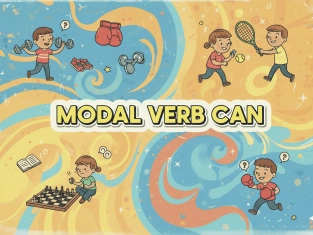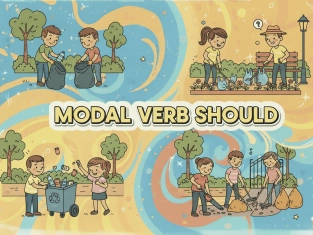Modal Verb Must
Table of Contents
Exercises
Explanation
Obligation (Something you need to do)
Use must when something is very important or required.
I must get up early tomorrow.
You must show your ID to enter the building.
Drivers must stop at a red light.
We must follow safety rules at work.
Strong Advice (Something you think is a great idea)
Use must when you give very strong advice or recommendation.
You must see the new museum — it’s wonderful!
You must taste this soup — it’s really good.
He must talk to his teacher about his problem.
Prohibition (Something not allowed)
Must not (mustn’t) means you are not allowed to do something.
You mustn’t park here — it’s private property.
Students mustn’t use phones during the exam.
You mustn’t feed the animals in the zoo.
Questions (Asking about rules or duties)
Use must before the subject to ask about obligation.
Must I pay now or later?
Must we arrive before 8 o’clock?
Must she take the test again?
Certainty (When you are sure about something)
Use must to show that you are almost certain something is true.
She must be at work — her car is not here.
It must be very hot in that desert.
They must know each other — they went to the same school.
Structure
|
Sentence Type |
Structure |
Example |
|
Affirmative |
Subject + must + verb |
You must clean your room. |
|
Negative |
Subject + mustn’t + verb |
You mustn’t shout in class. |
|
Question |
Must + subject + verb? |
Must I buy a ticket online? |

